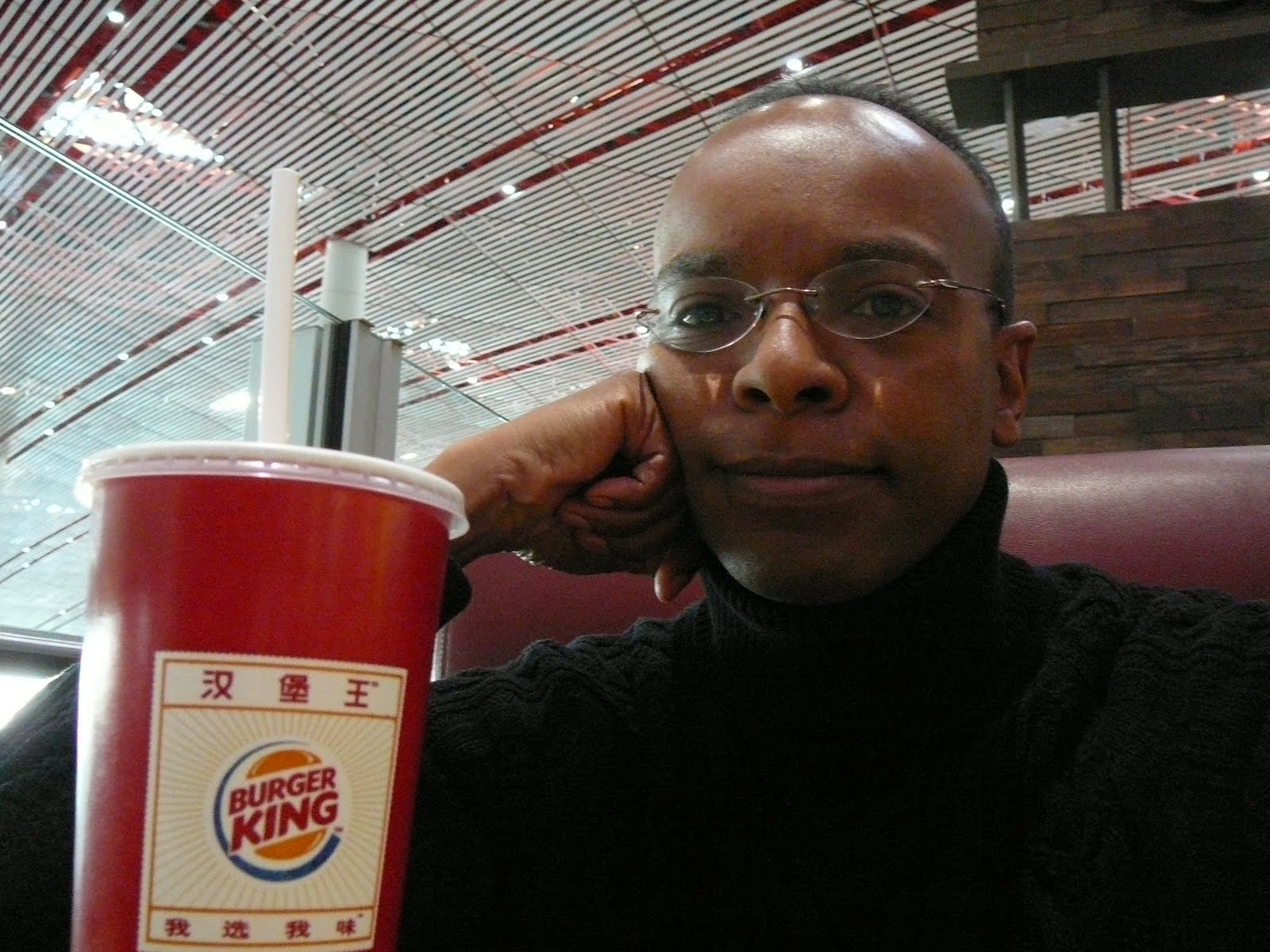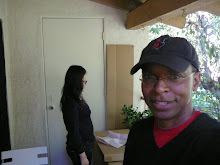
If there is something about mainland China which I never expected before, and absolutely amazes me now, it is the connection its citizens have with the music of the Carpenters. You might think that, when referring to best-known American music, people in Beijing would mention Elvis Presley and Michael Jackson, or various jazz artists like Louis Armstrong or Dave Brubeck. Instead, I encounter evidence almost every day that mainland Chinese have a special place in their minds and in their hearts for Richard and Karen Carpenter.
The Carpenters popularized their brand of soft-rock music in the U. S. during the 1970s, and became that decade's top selling popular music act. That makes it all the more remarkable that they are so revered in mainland China, where millions of people spent the same decade dying of famine during the Cultural Revolution. Add to that the irony of Karen Carpenter's anorexia-related death to Chinese suffering from a lack of food and you have the makings for an amazing TV documentary, or at least a follow up episode of "True Hollywood Story."
I've heard the Carpenters' music inside bathrooms, bars, and bookstores in Beijing. I even heard a taxi driver singing along -- in English -- to a Carpenters tune on the radio. When I asked one of my co-workers about the Carpenters' music, she said, "oh yes, it's great. Everyone knows a Carpenters song." "But it's some of the most bland, dull, non-threatening pop music ever recorded in America," I replied. Yet it appears those are the qualities about the music that appeal to some Chinese listeners the most.
It seems that in the late 1980s, Carpenters music began to be heard on radio stations in mainland China. In those days, that was virtually the only kind of foreign-produced music allowed to be heard from the West in Beijing: something safe, sweet, and unlikely to make a serious political situation worse. Glasnost had just brought down the Soviet Union. There was no way the Chinese in charge were going to let rock artists like the Rolling Stones help finish the job of dismantling Communism. As the years went on and China grew in economic clout, the Carpenters became a staple in kareoke joints and KTVs. Drunken Chinese businessmen staggered out of bars with "Close To You" and "We've Only Just Begun" bouncing around in their heads. "For All We Know" became a sentimental favorite at wedding receptions. Kids in English class learned the lyrics to "Rainy Days and Mondays" alongside Dr. Martin Luther King's "I Have A Dream" speech.
In the U. S., critics labled the Carpenters' work as the music of politically-conservative, stationwagon-driving, flat-and-sterile, white middle-America. Karen Carpenter's death changed some of that, but I hardly knew anyone who ranked the Carpenters ahead of anyone on the radio, except for maybe The Captain and Tennille, when they unleashed "Muskrat Love" on the masses. In Beijing, Carpenters music continues to stir the feelings of many people who grew up in a certain generation. While most teenagers today prefer Avril Lavigne and Linkin Park, their older siblings and parents indentify the American brother-and-sister duo as their favorite Western musical artists, connecting their songs to quiet walks in the park, or a stroll along the water in Houhai, or maybe sightseeing at the Summer Palace.
At least until they hear the sounds of muskrats making-out in the lakeside weeds.



